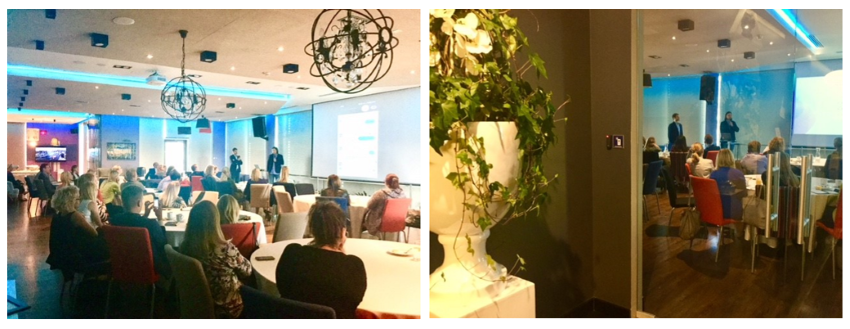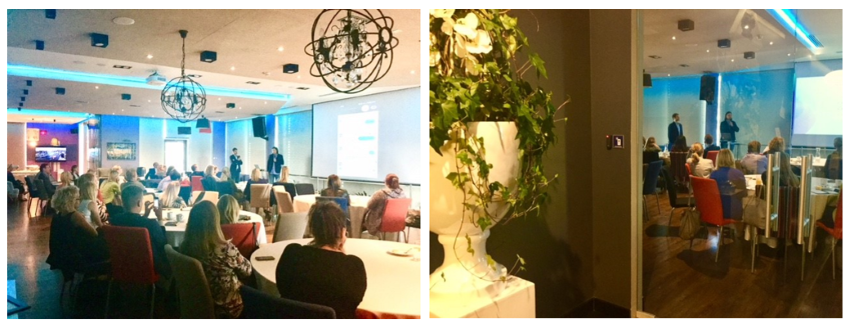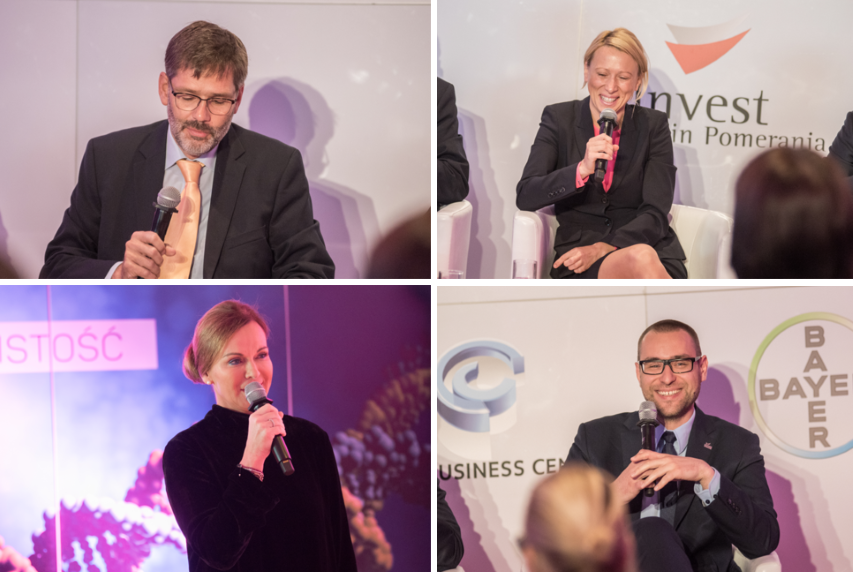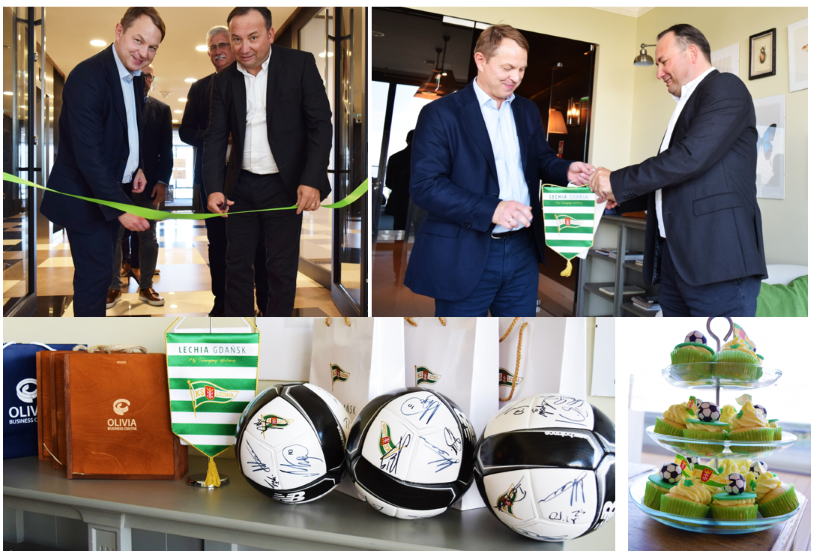During the conference in Olivia Business Centre, Bayer announced plans for further development of Service Center Gdańsk and summed up 5 years of its operations in Gdańsk. Markus Baltzer, President of Bayer CEE and Remigiusz Wojciechowski, Director of Bayer Service Center Gdańsk, emphasized that the Tri-City is one of the most popular locations for modern business services today, while also drawing attention to the fact that it is here that more and more advanced processes, competence centers and R&D centers are located.
The director of Bayer Service Center Gdańsk (SGC) also indicated that the company has further plans related to increasing the scope of the processes it handles. The SGC currently has approx. With about 400 employees, although it was originally planned to employ 200, it serves Bayer branches from more than 20 countries in Central and Eastern Europe and Central Europe, m.in. from Germany, Russia, the Scandinavian and Balkan countries. In addition to accounting, teams of specialists from the Gdańsk Centre, located in Olivia Business Centre from the very beginning, are also involved in project management, graphic design and transparency support.
“Within 5 years, the number of jobs offered by the business services sector has doubled, both in the Tri-City and in Poland. Bayer Service Center Gdańsk has also developed dynamically – we have created several hundred jobs, invested over PLN 1.5 million in the education and development of employees, and 20 people have learned how to manage a team or department with us. But we’re not going to stop there. By 2020, we plan to increase the number of employees to over 500 people. Our team will additionally support key business processes in new areas of m.in. purchasing, customer service, controlling or services for employees. Just like today, employees will have the chance to pursue a career with virtually no limits – said Remigiusz Wojciechowski, Director of Bayer Service Center Gdańsk.
In Gdansk, Bayer has found everything it needs for long-term development, i.e. well-educated employees, support from public institutions and access to the highest quality office space and transport infrastructure. Piotr Grzelak, Deputy Mayor of the City of Gdansk, who was present at the event, congratulated Bayer on the anniversary, emphasizing that he was happy with every stage of the company’s development in Olivia and the Tri-City.
– Bayer’s achievements are also extremely important to us. Bayer is not only an investor that hires, but also an investor that helps us tell the world that Gdansk is a great place to be and a conducive environment for established international brands and companies – said Piotr Grzelak.
– Bayer’s strategic goal is to centralize financial services, business support, IT and project management in order to make processes more flexible, increase efficiency and increase competitiveness, while maintaining the current high level of quality. That is why shared service centers are an important part of the company’s structure, both regionally and globally – said Marcus Baltzer, President of Bayer CEE, during the conference.
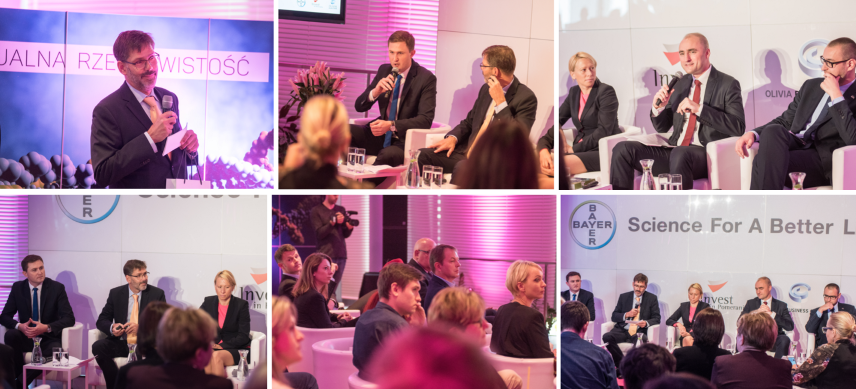
Tri-City like a magnet
Bayer is not the only company that has appreciated the business potential of Pomerania. According to the 2016 ABSL report. The Tri-City is the second best location for modern business services in Poland, and at this year’s CEE Shared Services and Outsourcing Awards, the Tri-City agglomeration received the title of the most dynamically developing center, among others thanks to 10 investment projects completed in 2016. with the participation of Invest in Pomerania.
“Investments in the modern business services sector support the development of the Tri-City market. We are one of the most dynamically developing Polish agglomerations, and the Tri-City is at the top of rankings of friendly places to live in Poland – emphasized Wojciech Tyborowski, Director of Invest in Pomerania.
The Tri-City is a great place to live, which is confirmed by the Social Diagnosis research, according to which the inhabitants of Gdynia and Gdańsk are the most satisfied with the place where they live. It is also a place for business development, especially in the face of the rapid increase in demand for handling increasingly complex business processes. The development of the shared services sector is the result of building the most effective models of corporate operation, in which the use of internal resources brings an increase in efficiency. Modern business services offer highly advanced processes based on knowledge and experience. Such processes are handled by approx. 120 Tri-City centres of modern business services, which employ approx. 21,000 employees. The projected employment growth rate is 20% per year, which will allow Pomeranian centres to reach 20% by 2025. result of almost 60 thousand. Employees.
Numerous incentives for business
The Tri-City is very well prepared for cooperation with investors in terms of office infrastructure. It offers almost 633,000 sqm. modern offices, and another 150,000 sq m. is under construction. Such resources allow a new investor or an already established company to open an office within two to three months.
“We are proud to observe the dynamic development of Bayer in Olivia Business Centre. For the past five years, the company has been intensively and with commitment contributing to the economic and personal potential of Gdańsk, significantly contributing to the growth of the market competitiveness of our entire region,” he said Maciej Grabski, President of Olivia Business Centre. – We wish its employees the best and co-workers with inexhaustible energy and further measurable successes. I am deeply convinced that these will be shared by the entire company.
The development of the modern business services sector is also facilitated by the cooperation of Pomeranian universities with investors present in the region. They are used to create specialized curricula that respond to the needs of individual companies. The students here are also distinguished by their excellent knowledge of foreign languages, including those less known, such as Scandinavian or Balkan.
Valued Employee Market
Increasing specialization, innovative technologies and advanced business processes are changing the job market. Between 2013 and 2016, employment in the Tri-City business services sector increased by 100%. Over the past few years, many corporations have moved here, and the range of companies with a similar business profile is growing, so companies are struggling to attract and retain employees. There is a growing consensus that we are now dealing with the so-called ’employee’s market’.
“Bayer offers SCG employees the opportunity to develop and pursue a career in an international environment, improving their qualifications through participation in projects and training. Relations with them are based on mutual trust, which is why m. among others. We offer flexible working hours and remote work. We also employ students in their final years of studies and university graduates. It is an opportunity to start a career in a global company with a recognized brand, a training package, internships, access to the latest technologies and opportunities for professional development thanks to participation in interesting projects – said Remigiusz Wojciechowski from Bayer SCG.
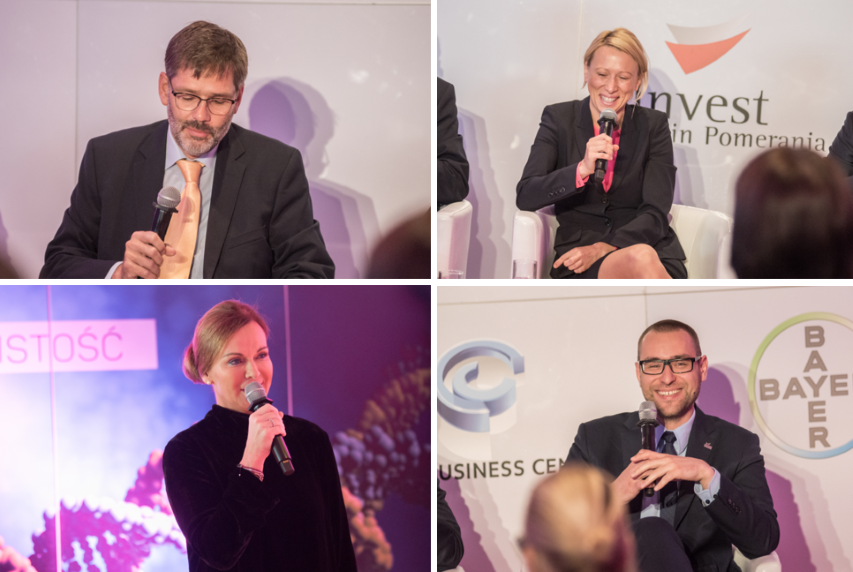
During the conference, Dorota Stawicka from the Project Management Team , who started her career at SCG right after graduation, talked about her career path in the company, development opportunities, international cooperation and support offered by the organization.
Companies operating in the business services sector are aware that salaries and non-wage benefits are only one of the parameters determining the attractiveness of their offer for future employees. Almost equally important are job security, a friendly atmosphere at work, and a stable financial situation of the company.
– Increasing specialization and modern business technologies are changing the job market. Companies are implementing newer and newer methods and tools to attract and retain employees. Searching for a job through social media has become popular, and many companies have a program that recommends candidates by already hired employees –Spoke Agata Witczak, Branch Director and Chief Operating Officer Thomson Reuters in Gdynia.
Poland is the leader of the European business services market
Poland is one of the most important locations for business services in the world. Investors, especially European ones, take into account important factors, such as the level of education of employees and their knowledge of languages, the state of infrastructure and legal security, the availability of office space, as well as the work culture, innovation, and even the relatively small time difference between the headquarters offices and the service center. The rapid evolution of the business services market in Poland is evidenced by the data indicating that approx. 85 percent. Today, the centres handle more complex processes than a year ago and the growing employment in the so-called competence centres and R&D centres.
Data sources:
Business Services Sector in Poland 2016, Report prepared by the Association of Business Service Leaders (ABSL) in cooperation with Baker & McKenzie, JLL and Randstad
Social Diagnosis 2015, Conditions and quality of life of Poles – Report, edited by Janusz Czapiński and Tomasz Panek
Data from Invest in Pomerania
Business Services Sector in Poland 2016, ABSL Report
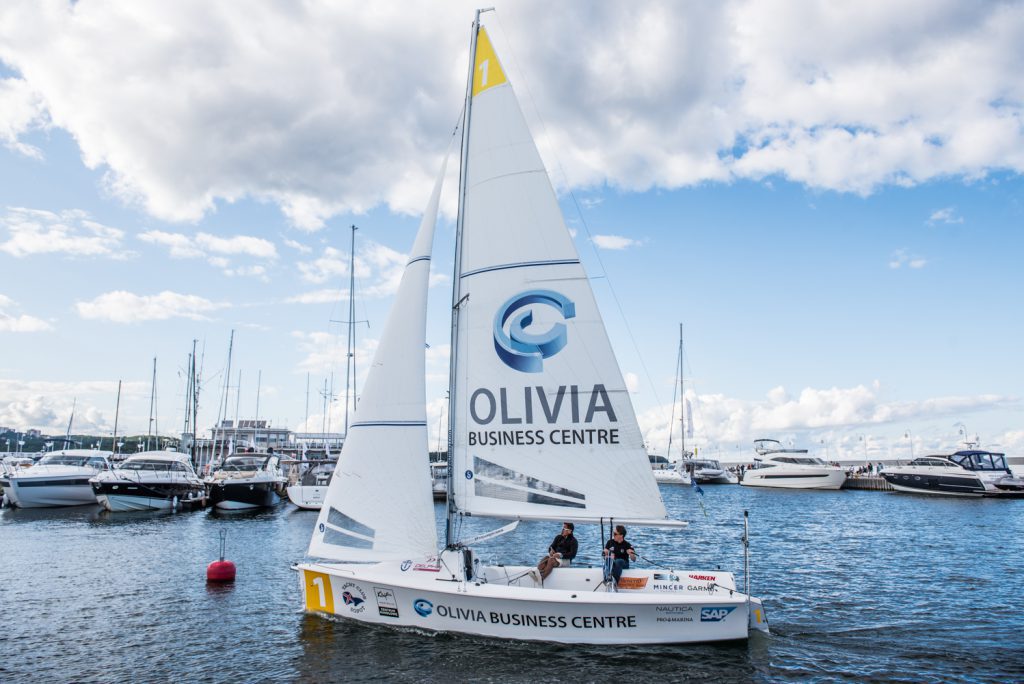

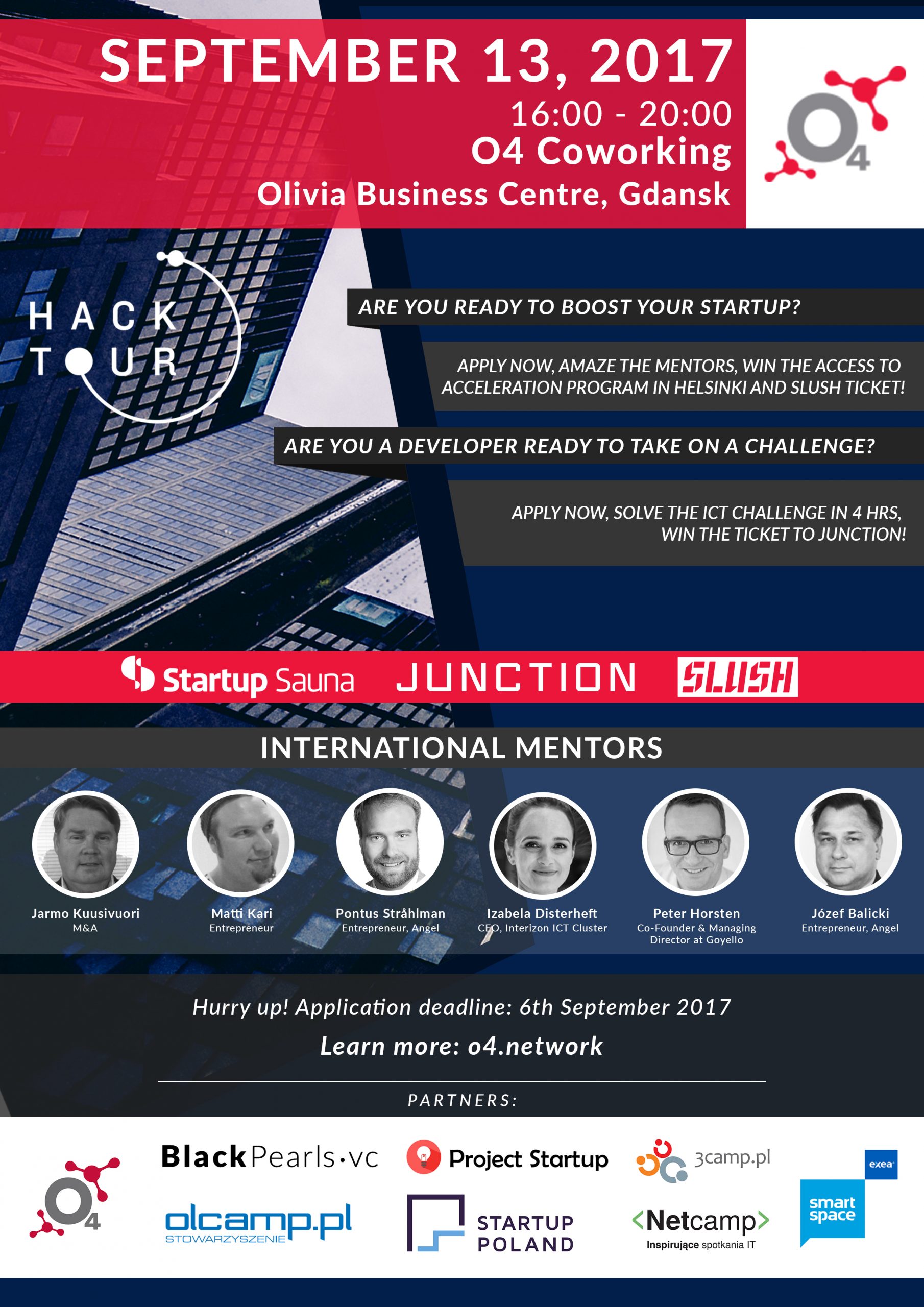 Startups: International investors at your fingertips
Startups: International investors at your fingertips 